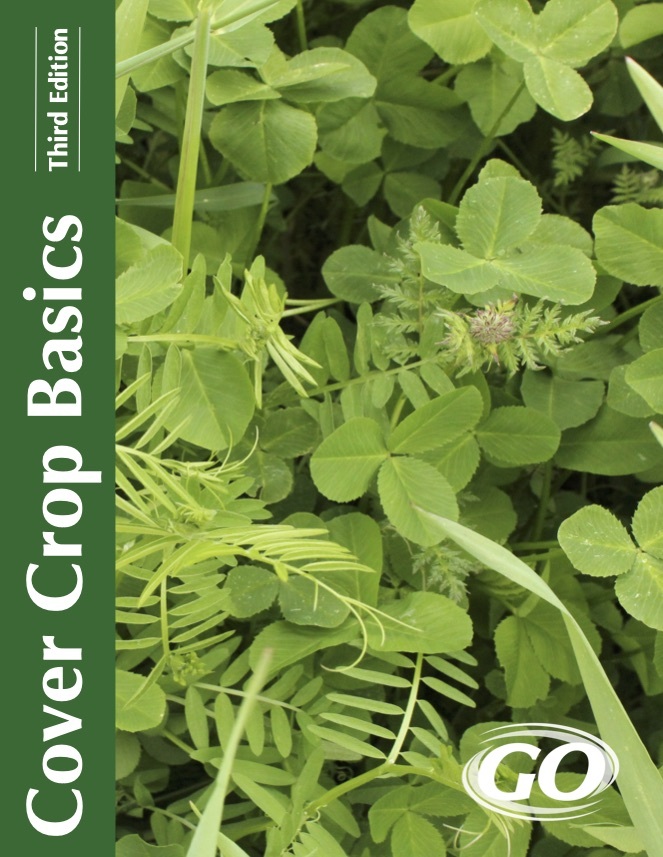Intensive maize and soybean production have caused negative impacts on water quality and soil quality. These impacts arise largely because the crops are present in the landscape for only a portion of the year, leaving the soil exposed to extended periods of wind and water erosion leading to nutrient loss. Furthermore, the maize phase of the rotation requires large inputs of synthetic nitrogen fertilizer to be productive; yet the lack of actively growing root systems for more than half of each year means that much of the nitrogen fertilizer is lost to leaching. This study proposed to develop an innovative system for growing maize and soybean with perennial groundcover to recover ecosystem services historically provided naturally by perennial native plant communities.


